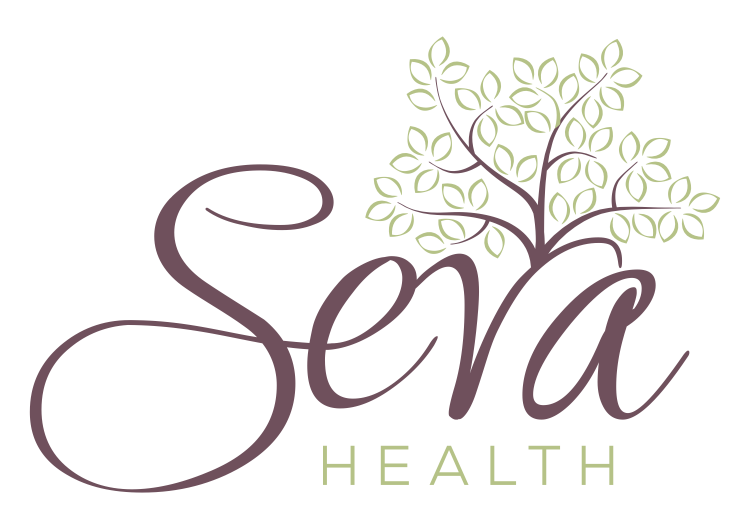
20 Oct Probiotics in the Gut: Good Bacteria vs. Bad Bacteria
When you stare up at the night sky and take in the billions of stars, it’s hard to imagine that there’s actually a much bigger universe within your own gut.
Despite trillions of bacteria living together in harmony, they are not always coexisting peacefully. The microbiome is a timeless tale of good vs. evil in a constant battle within your gut. This story, however, is about good bacteria versus bad bacteria.
What are probiotics? What is dysbiosis?
A probiotic is considered to be a ‘good guy,’ as they keep your gut healthy by providing good bacteria. In the event that bad bacteria outnumber the good, what will happen? This is referred to as dysbiosis. Dysbiosis can lead to unfavorable symptoms, such as IBS.
There is, however, promising research in the field of probiotics. Good bacteria can be increased and bad bacteria can be decreased with the right probiotics, reestablishing a healthy gut. A probiotic may do this by inhibiting the growth of disease-causing bacteria.
A preliminary study suggests that several probiotics may alleviate IBS symptoms. Let’s take a closer look at some notable probiotics.
Probiotic #1 – VSL#3
Bifidobacterium, Lactobacillus, and Streptococcus salivarius make up this bacterial trio. Compared to the placebo, patients experienced significantly less bloating and flatulence in two separate double-blind placebo studies.
Probiotic #2 – SCM-III
In a study, nearly 70 people with IBS received either SCM-III or a placebo. Bloating, pain in the abdomen, and bowel movement were reported to be improved after 12 weeks of taking this lovely, live bacterial blend.
Probiotic #3 – Lactobacillus and Bifidobacterium
The dynamic duo reduced bloating and flatulence in two double-blind placebo studies, significantly reducing abdominal pain, bloating, and flatulence
Probiotic #4 – Bacillus coagulans
In one study of 85 people, a synbiotic (containing both probiotics and prebiotics) was repIn two double-blind placebo studies, patients experienced significantly less bloating and flatulence than the placebo group.
Although further research needs to be done, some sources favor Bifidobacterium infantis as the IBS treatment favorite. More extensive studies may be warranted to address specific questions regarding best practices for probiotic use. Probiotics can benefit those suffering from IBS, but don’t forget that they will do wonders for your overall health, as well as your gastrointestinal system. Whether you choose sauerkraut or kimchi, or simply sip on some kombucha, know that whatever probiotic you choose, it will benefit your health.
If you’re ready to begin improving your health from the inside out, having your neuroendocrine system checked is a great place to start.
Reach out today and let’s talk about what the next best step is for you and your health and wellness goals.
De-Myth-tifying Multivitamins
Podcast Episode
How many times have I heard a patient tell me “…but my old doctor said I don’t need to take supplements because you get everything you need from your food.” Answer: too many times to count.
Learn more about multivitamins and supplements in this info-packed episode!
Want more tips, tools and strategies to help you live longer and live better with lifestyle medicine? Join our mailing list today!



No Comments